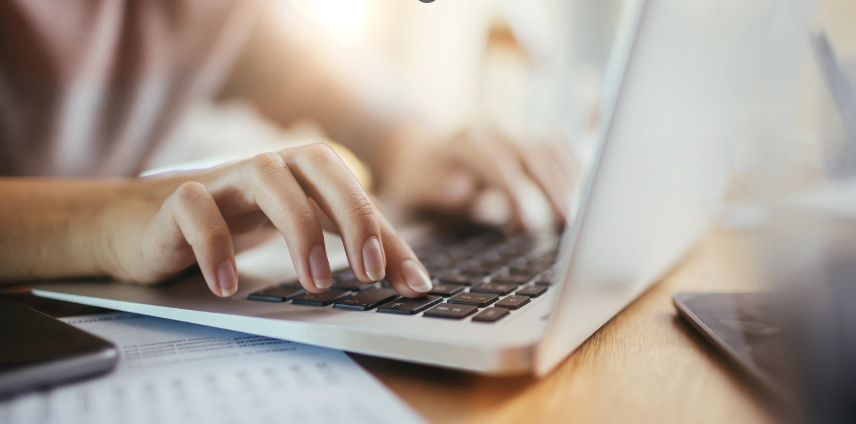So, it’s been suggested you should get a Functional Capacity Assessment for either yourself, your child or someone you know. Here’s some information that might help you understand the process a little better.

What is a Functional Capacity Assessment (FCA)?
Functional Capacity Assessments are often called FCAs for short.
An FCA is a comprehensive evaluation designed to measure a person’s ability to perform various tasks and activities in their daily life, considering physical, cognitive, psychological and emotional factors. The aim of most FCAs, is to determine an individual’s functional limitations and capabilities.
Occupational Therapists are ideally qualified to conduct these assessments because our profession’s broad understanding of all aspects of functioning.
The process involves observing a person performing everyday tasks within their home and sometimes work and community environments. This might also take place in our clinic if that is where you normally see your therapist. FCAs also involve completing written assessments (filling in questionnaires), and assessments conducted via interviews. These components are normally conducted over two or more sessions.
FCAs are often used in:
- Healthcare rehabilitation settings
- Workplace settings
- And within the NDIS
Overall, Functional Capacity Assessments can be used in a range of settings to provide insights into an individual’s functional strengths and challenges.
How are Functional Capacity Assessments used within the National Disability Insurance Scheme (NDIS)?
Functional Capacity Assessments (FCAs) are typically required during the planning stages of the NDIS process. FCAs help identify the functional capacities and limitations of individuals with disabilities, assisting in the formulation of tailored support strategies.
These assessments can be helpful in communicating the specific challenges faced by participants in daily activities, social interactions, and community engagement to the people who are making NDIS funding decisions. In ideal situations, the results of FCAs guide the allocation of funding and resources within the NDIS framework, so that participants receive the necessary support to enhance their independence and quality of life.
FCAs are most often conducted by allied health professionals, such as Occupational Therapists. Ideally, the information gathered through the FCA process helps NDIS planners and participants collaborate to develop support plans that align with the individual’s goals and needs.
OUR THERAPIES therapists use FCAs to promote person-centered practice within the NDIS. We use FCA evidence to advocate for NDIS plans that better meet your needs. An example might be advocating for more CORE supports (like support workers), or a bigger therapy budget to meet your goals.
When are Functional Capacity Assessments used within the NDIS?
FCA’s are typically utilised during the NDIS Plan Review stage.
Plan Reviews occur when:
- You are at the end of your NDIS Plan period (and your plan isn’t being automatically rolled over)
- You have experienced a Change of Circumstances that has impacted on your daily functioning, or
- You may be exploring supported accommodation options.
When should you NOT get an FCA conducted?
In most cases, you do not need an FCA completed at the beginning of your NDIS Plan period.
FCAs are time-consuming, and in all honesty, costly exercises, that will be considered by the NDIS out of date, by the time your Plan Review comes around.
* In general, the NDIS request functional assessments be no more than 6 months old. This means that an assessment conducted at the beginning of a one or two year plan, will likely be considered out of date by the time of your Plan Review.
As always, if you have any questions, please don’t hesitate to ask us at admin@ourtherapies.com.au
If you do think you require a Functional Capacity Assessment, referral can be made on the Contact Us page of our website www.ourtherapies.com.au




